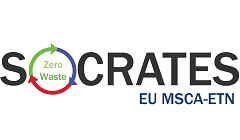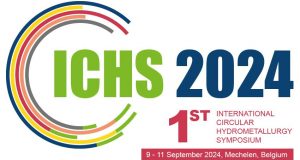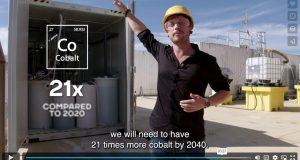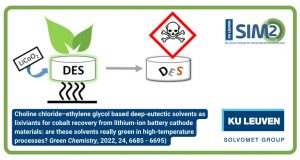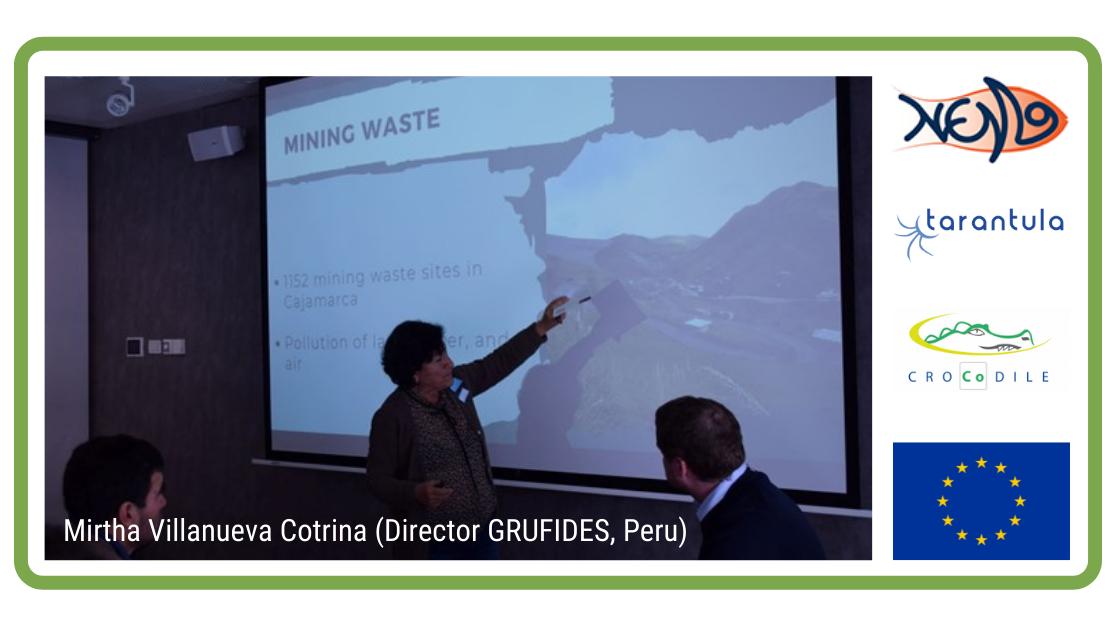On 21 February 2017, SIM² KU Leuven attended in Cardiff (Wales) the closing conference of the INSPIRE project. This project, a collaboration between the universities of Cardiff, Leeds and Exeter, was about the “in-situ resource extraction from waste repositories”. During a well-received keynote lecture, Joris ROOSEN, post-doctoral researcher in the group of Prof. Binnemans, presented our perspective on the challenges and opportunities for the zero-waste valorisation of low-grade primary and secondary resources. (Leuven, JR/28-2-2018)
In his presentation Joris gave a concise overview of the several KU Leuven, Flemish and European funded research projects on (critical) metal recovery where SIM² is involved in. From the lessons we have learned from all these projects, the opportunities of recovering critical metals from low-grade sources were put into perspective. Despite the very promising scientific results obtained over several years, we see that several technological and non-technological issues still must be solved for the developed processes to become economically viable, thus potentially applicable on industrial scale.
Because of the typically very low concentrations of critical metals in waste streams, combined with the highly complex and variable composition of these streams, the developed processes come with CAPEX and OPEX costs that are generally too high to be competitive with the low cost of landfilling, due to expensive chemical use, high energy demand or complicated post-treatment of the effluents created in the process.
As a result, recovery of metal values from low-grade sources cannot be economically competitive with primary mining at this moment. Therefore, apart from the need to strive towards development of simple, cheap and flexible processes, it is as well advised to have a full exploitation of all metals in the respective waste streams: not only the critical metals, but also the valuable base metals and industrial minerals, in addition to hazardous substances, which should be safely removed. This way, one ends up with a clean residual matrix that can be used for engineered or building materials. Only then, there is a full closure of the ‘circular’ material loop, with minimal waste losses.

Joris Roosen @ INSPIRE Conference, Wales, 21-2-2018
Presentations on research findings were followed by workshop sessions. During these, the barriers of creating a regulatory framework for the implementation of the technological (resource recovery) processes we develop were discussed. It was realized that, for the transition towards a restored balance between resource scarcity and waste overload, one must not only focus on scientific and technological progress, including upscaling. In fact, several barriers were identified in the policy and regulations context, such as the legislation on waste management. Multi-dimensional value assessment tools, integrating economic, but more importantly, environmental and social factors, might be crucial for the transition towards a more sustainable, circular economy. By integrating currently ‘externalised’ factors, like environment and society, in the intrinsic value of raw materials, the net gain value of resource recovery from secondary sources could be increased to positive values. It becomes ever more evident that only with a fully integrated system approach, exploitation of full-scale industrial (and sustainable) applications can become profitable, thus plausible. Of course, this is not a straightforward exercise, since it implies coordinated engagement of multiple stakeholders, mentality changes and controversial policy decisions…
Donwload presentation INSPIRE_Conference_Joris_Roosen here
*
INSPIRE Project Info
The INSPIRE project brings together a multidisciplinary team of researchers from the School of Engineering and the School of Bioscience at Cardiff University, the Chemistry department at Warwick University and the Centre for Sustainable Planning and Environments and Science Communication Unit at the University of the West of England. The INSPIRE research focuses on a diverse range of key UK wastes: industrial waste, municipal solid waste, metallurgical and mining wastes that have been placed in geological storage. We envisage that our new in situ leaching processes could sidestep many of the environmental and health risks that prevent realisation of the resource potential of waste repositories in the UK and worldwide. More info here: https://sites.cardiff.ac.uk/inspire/
